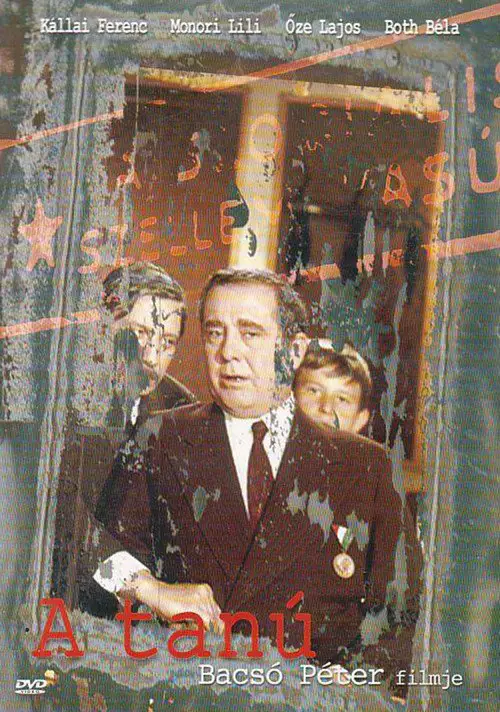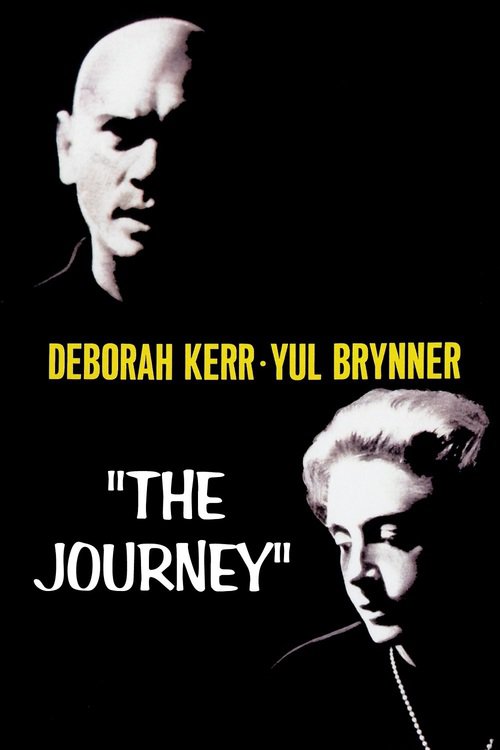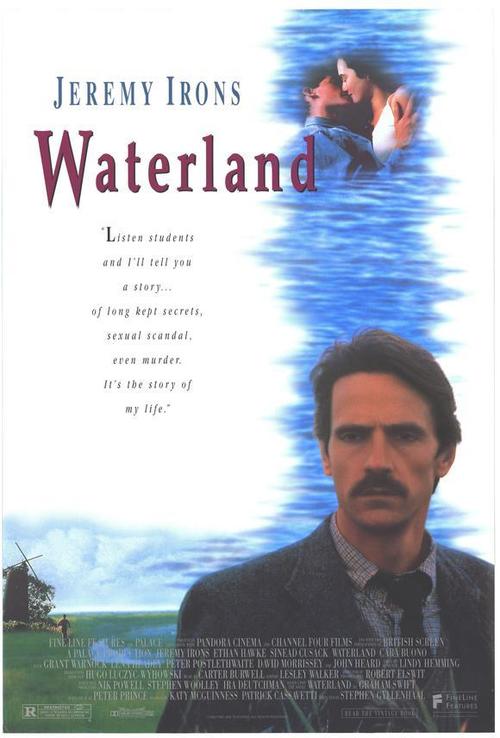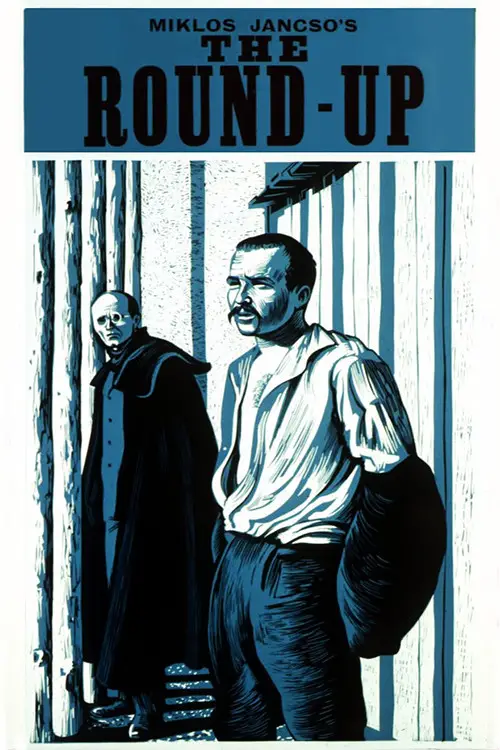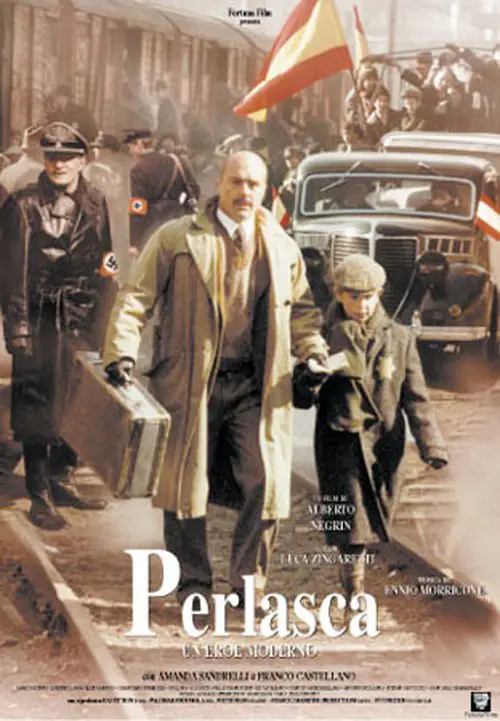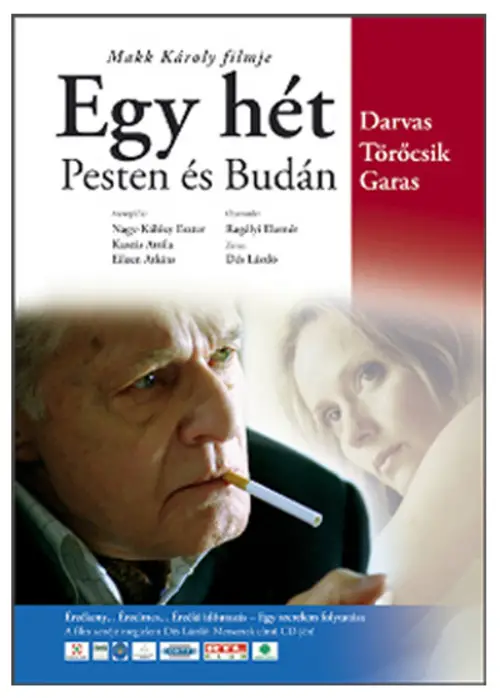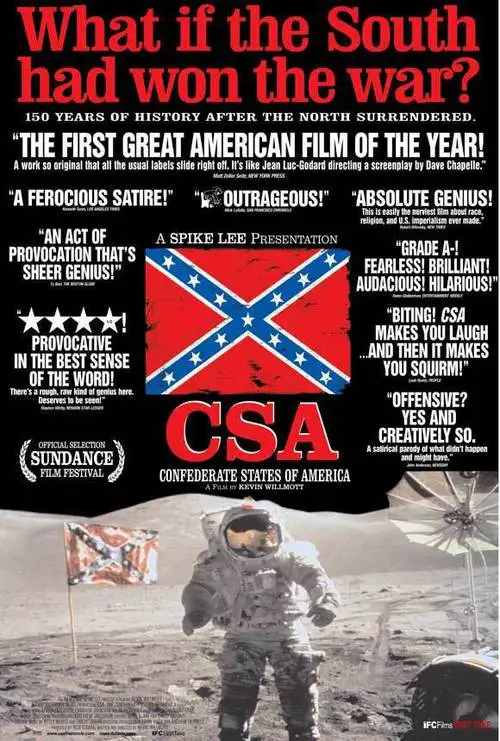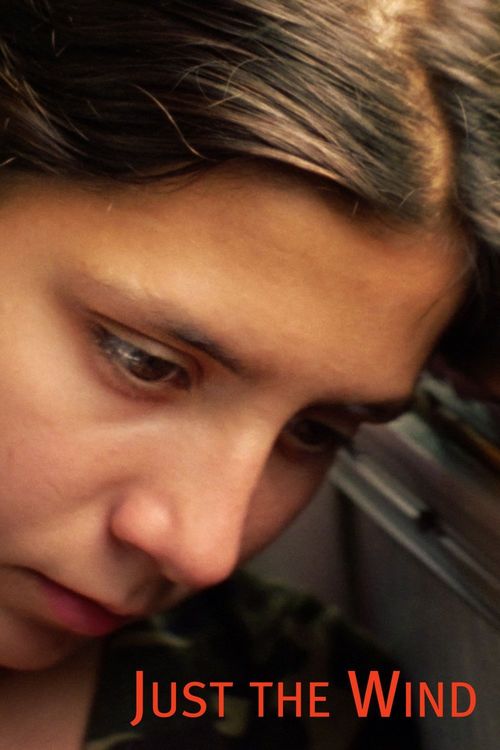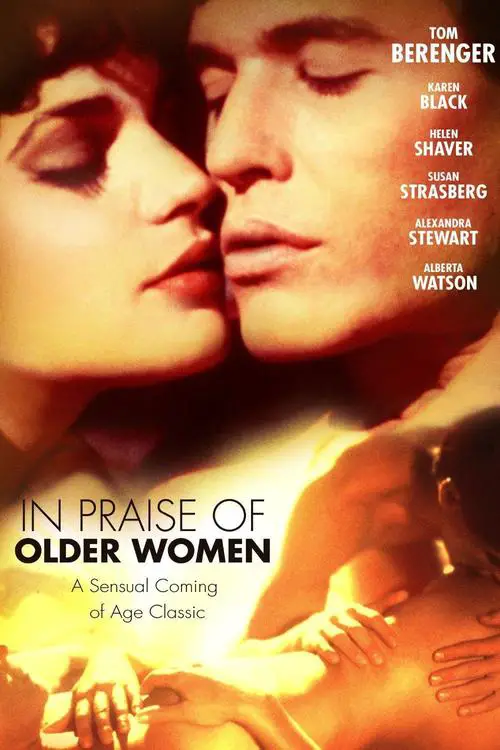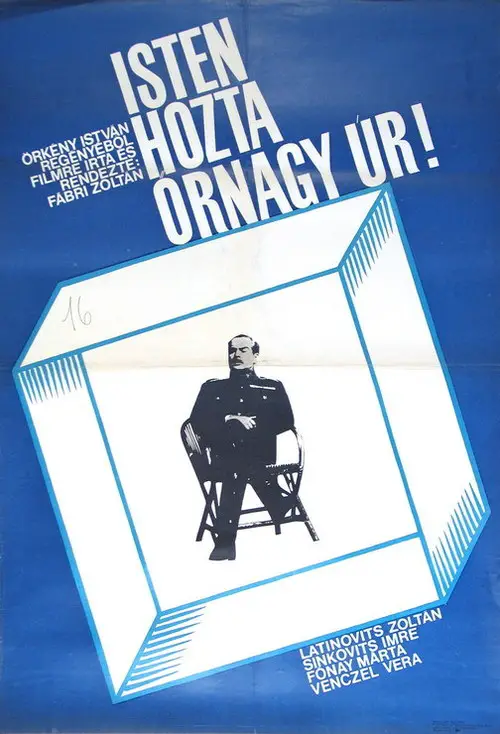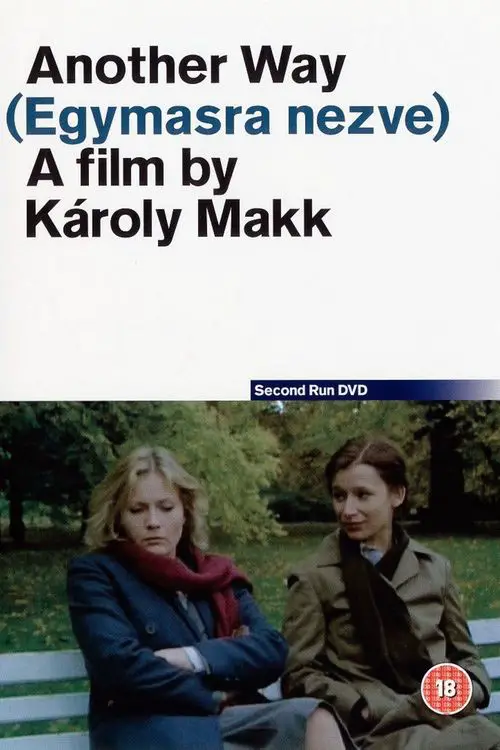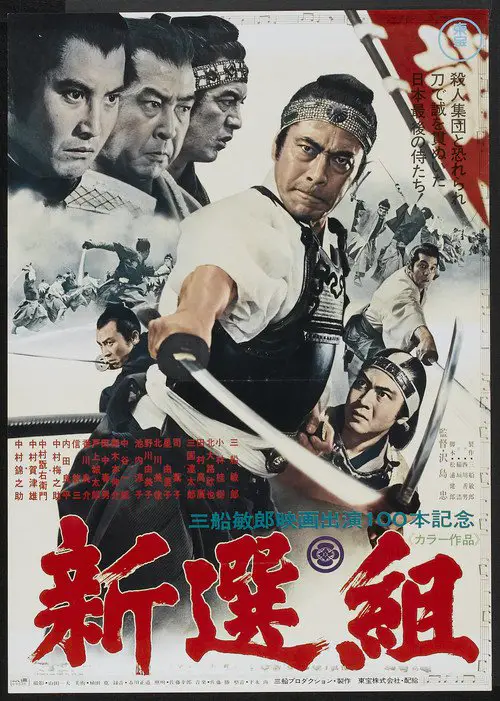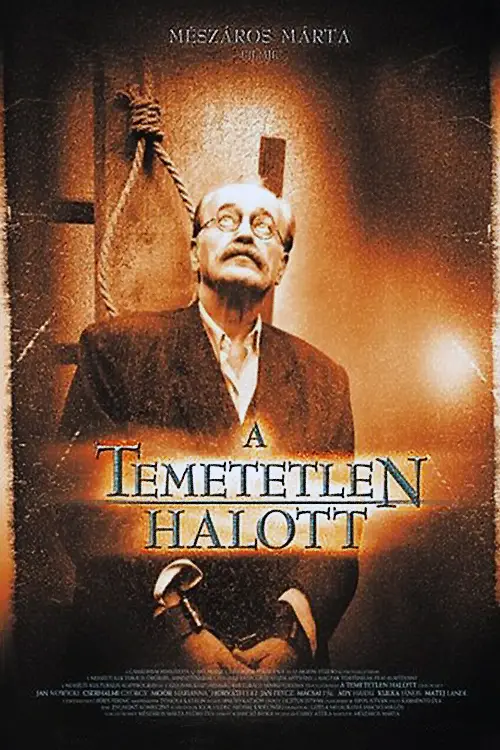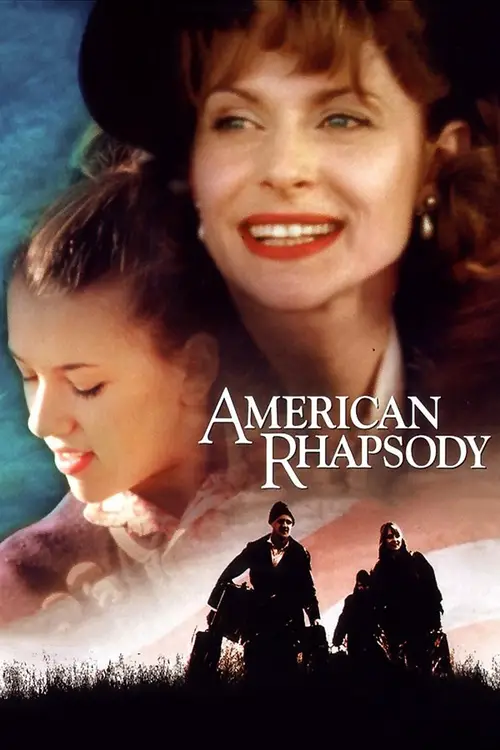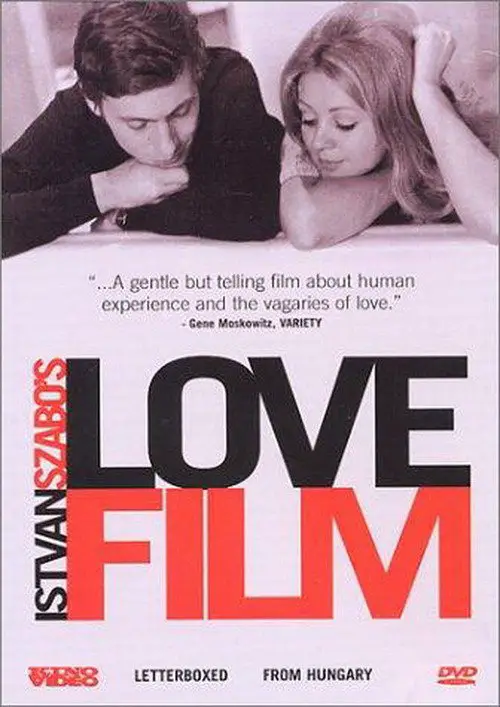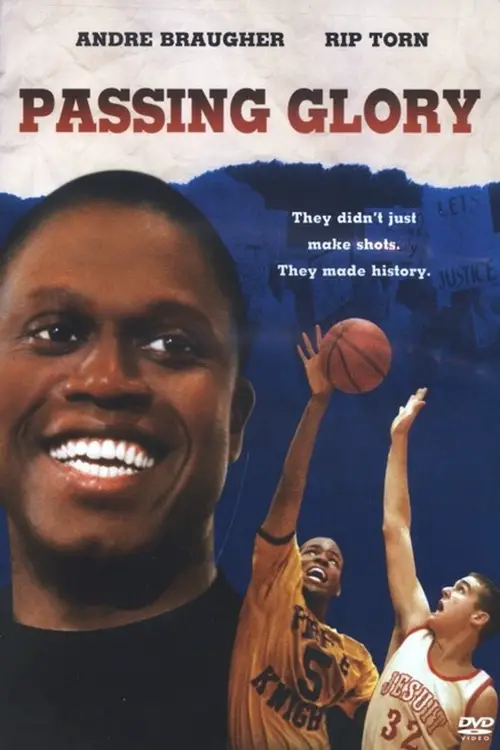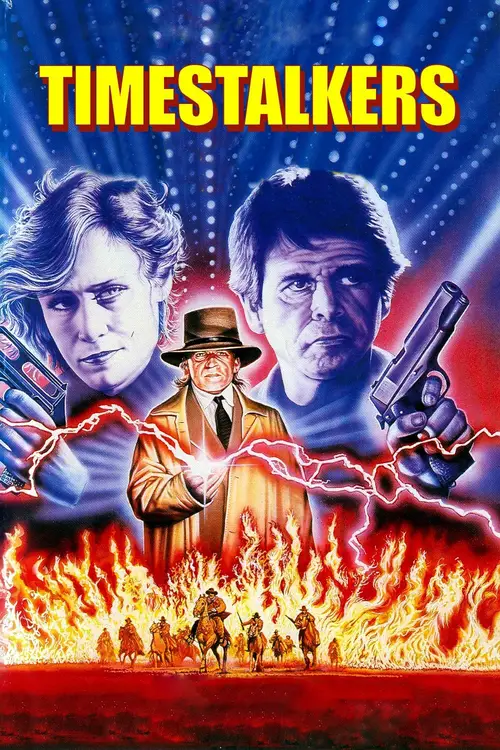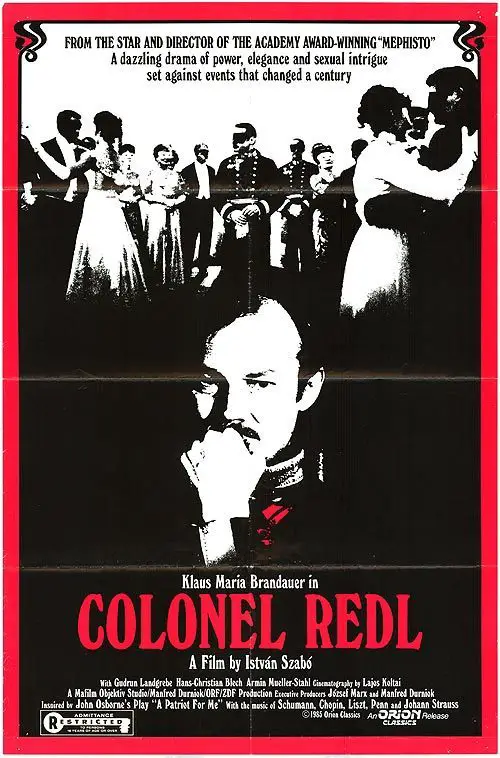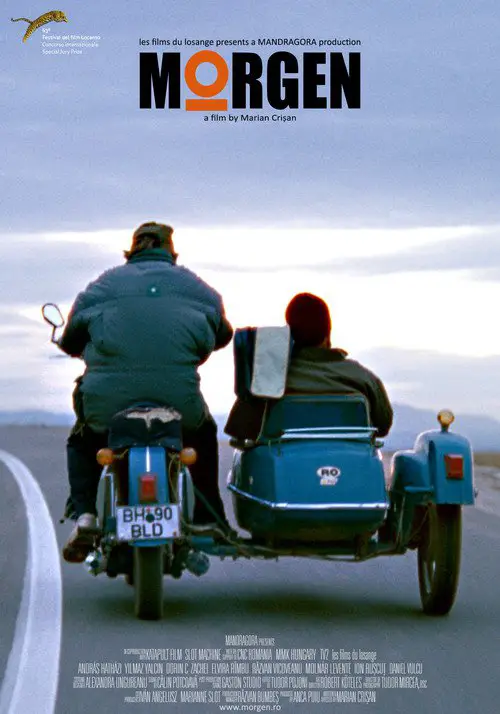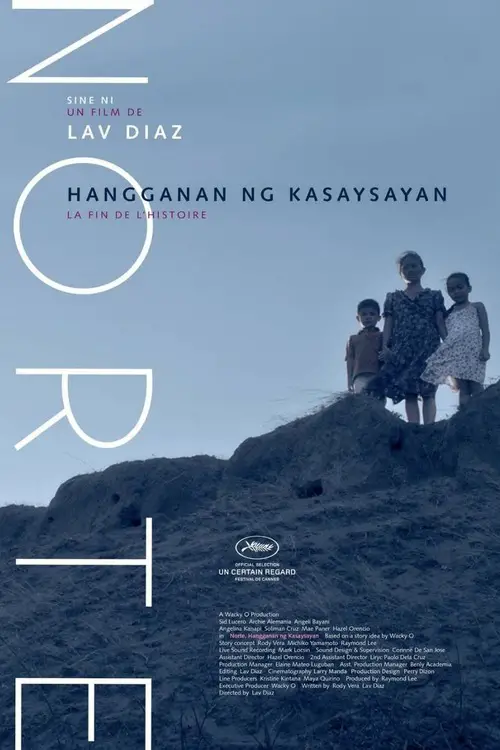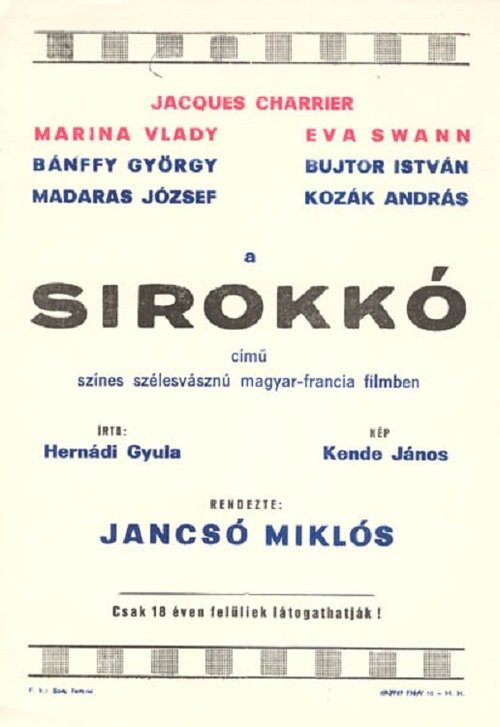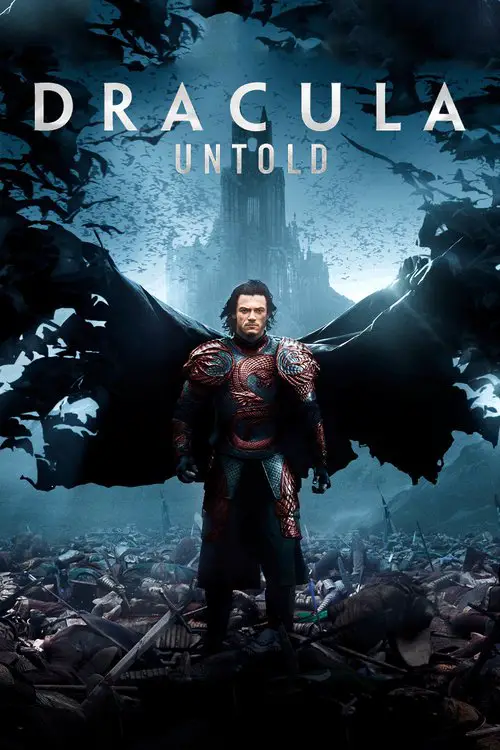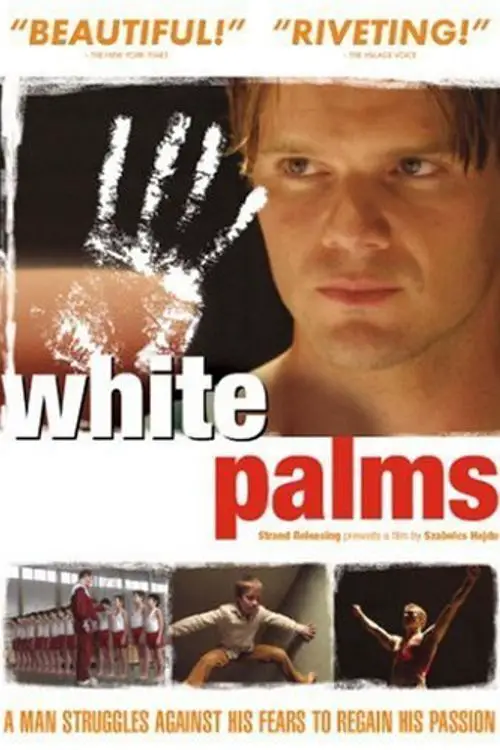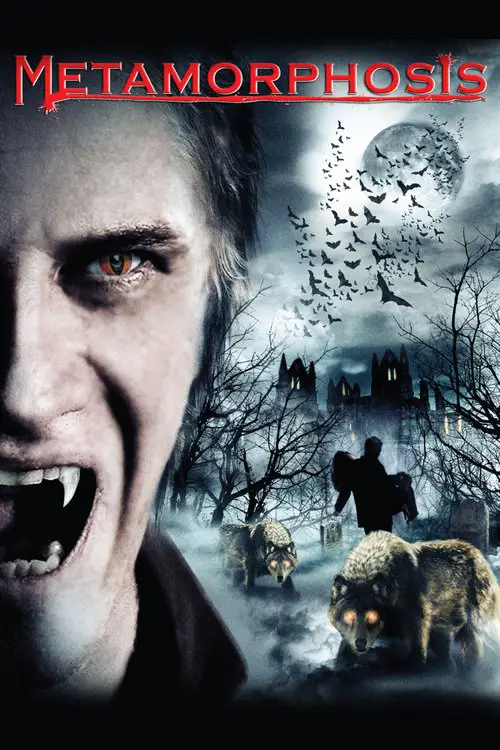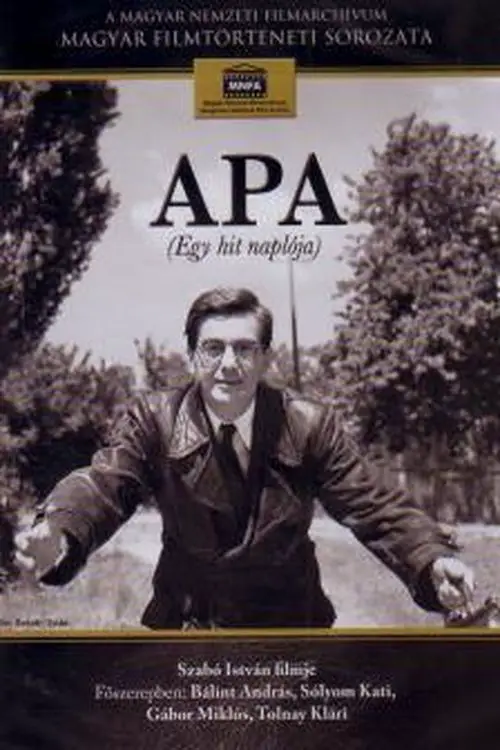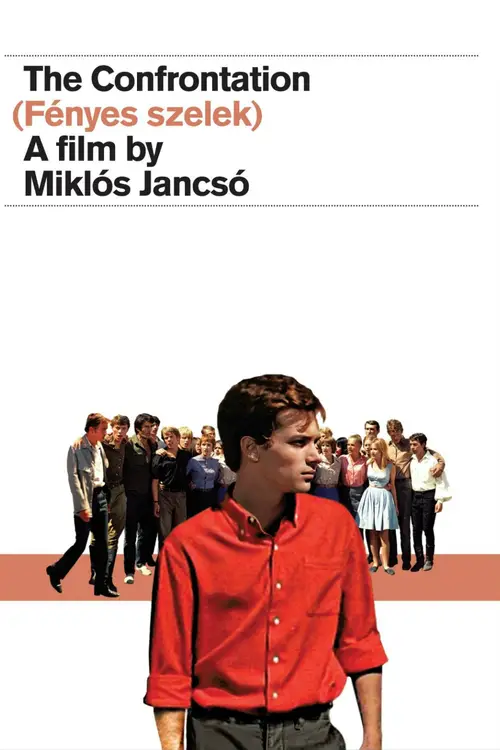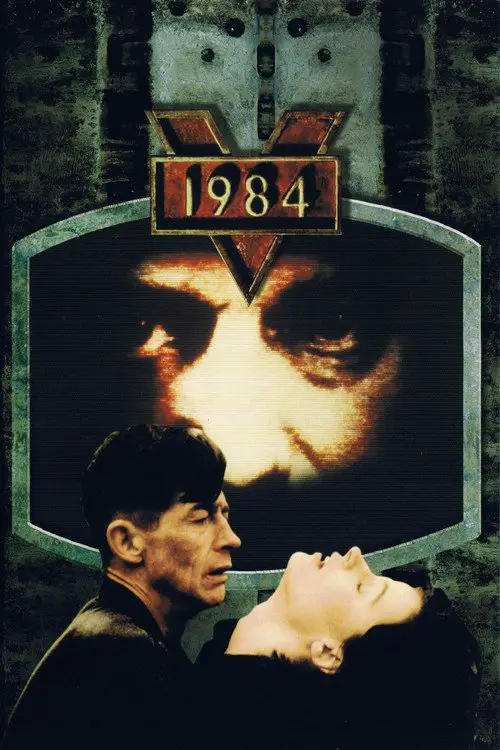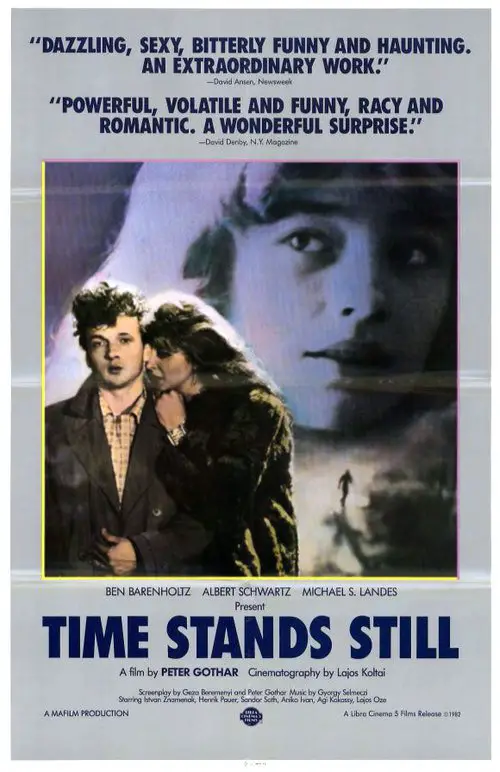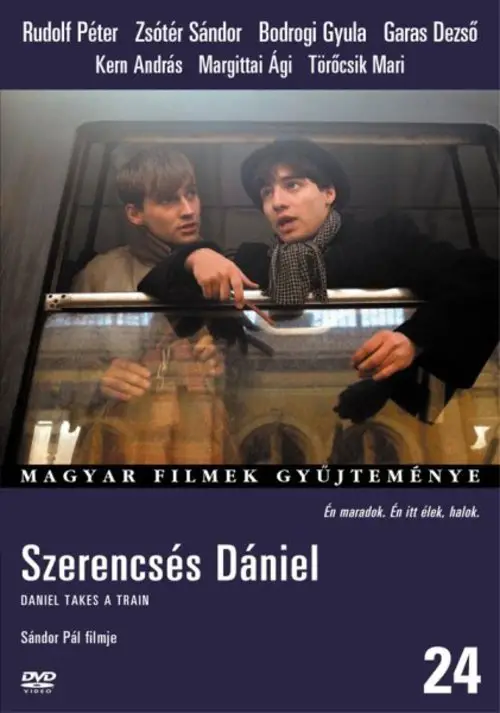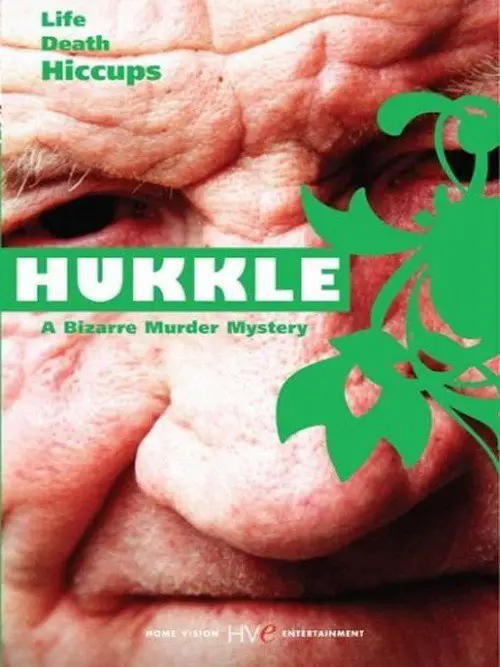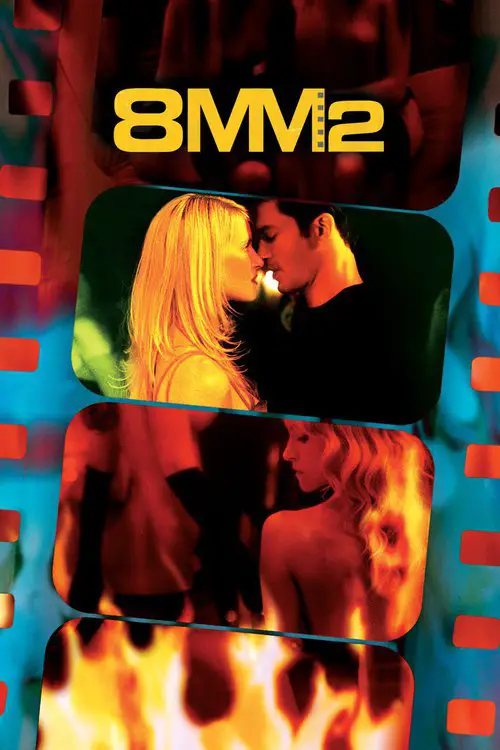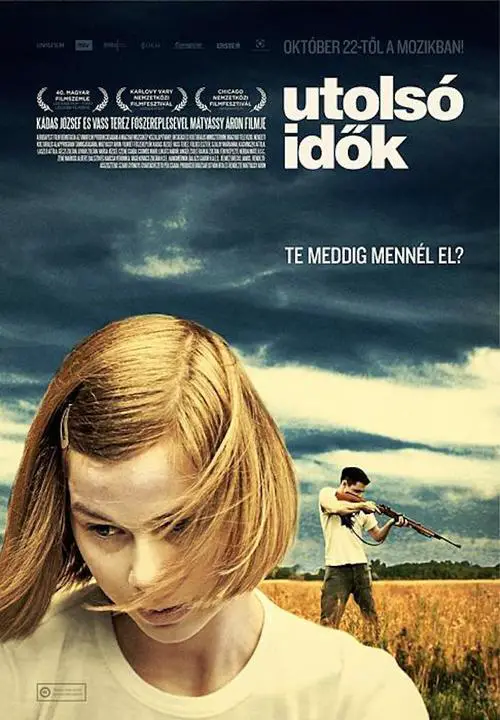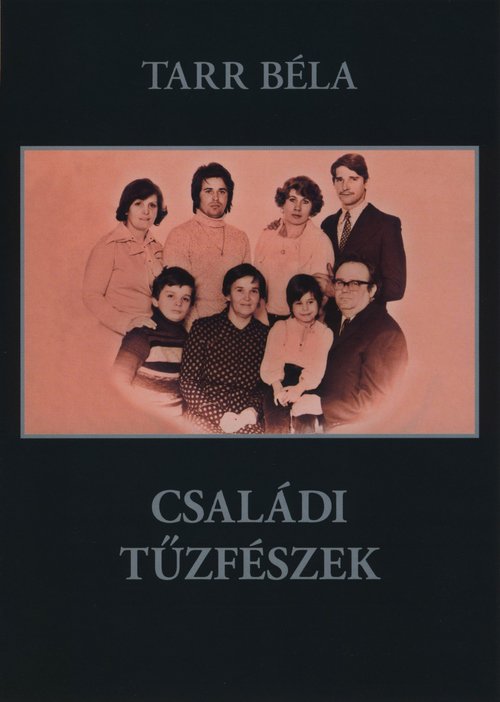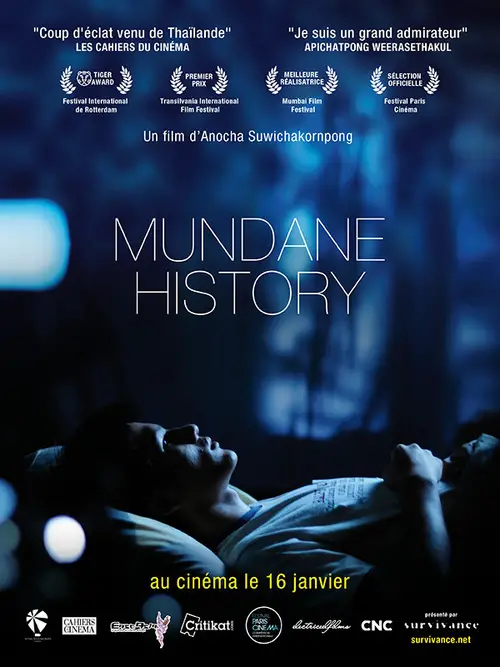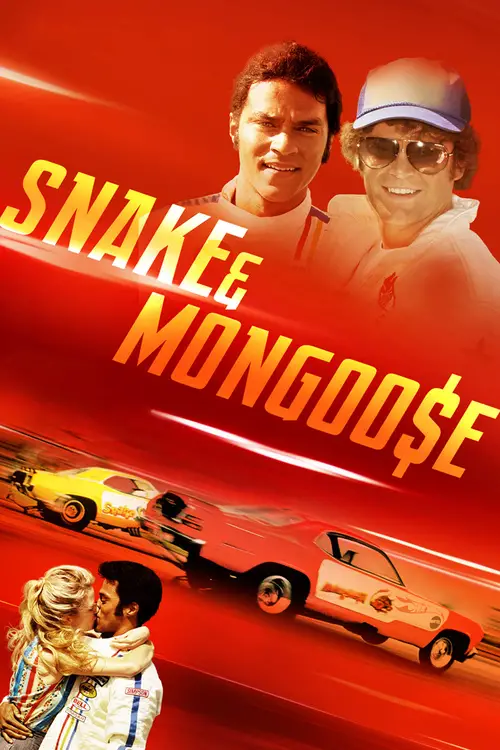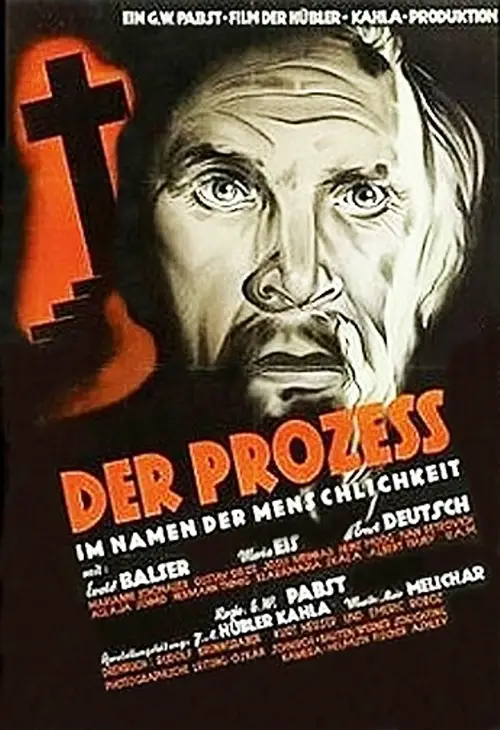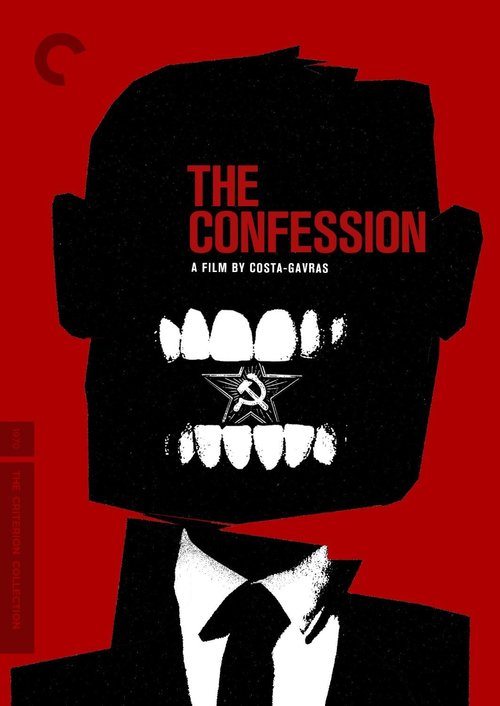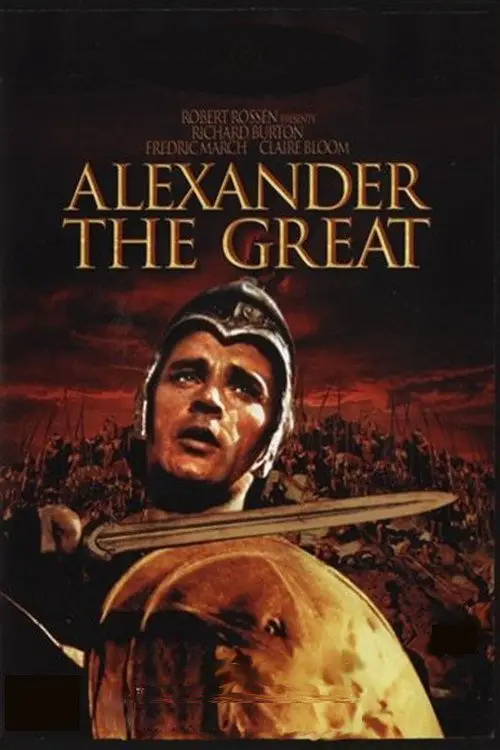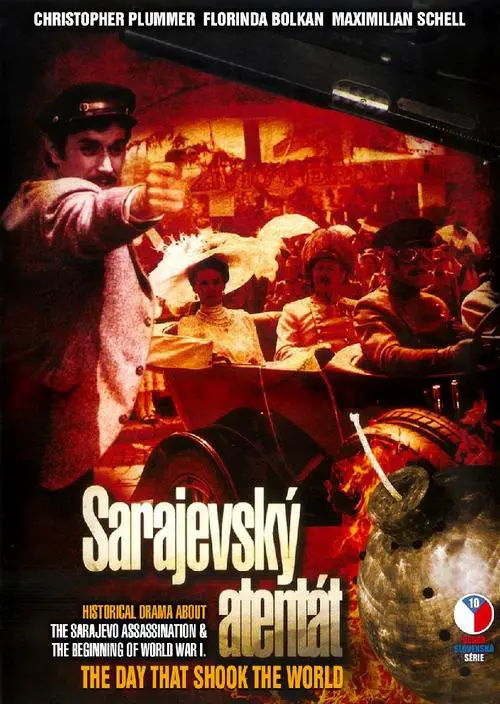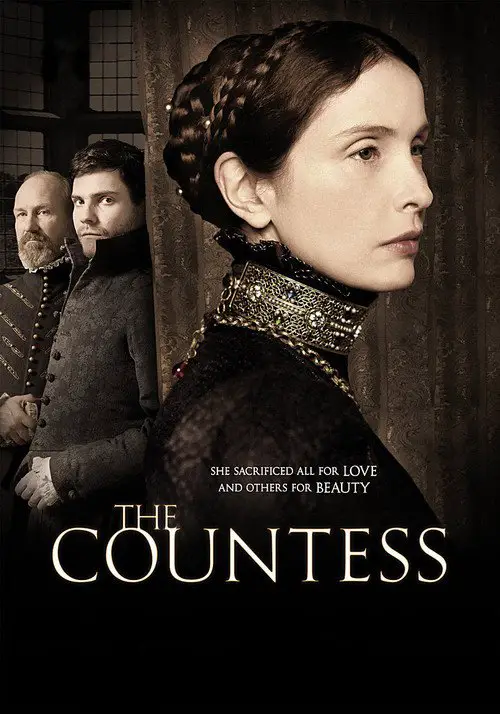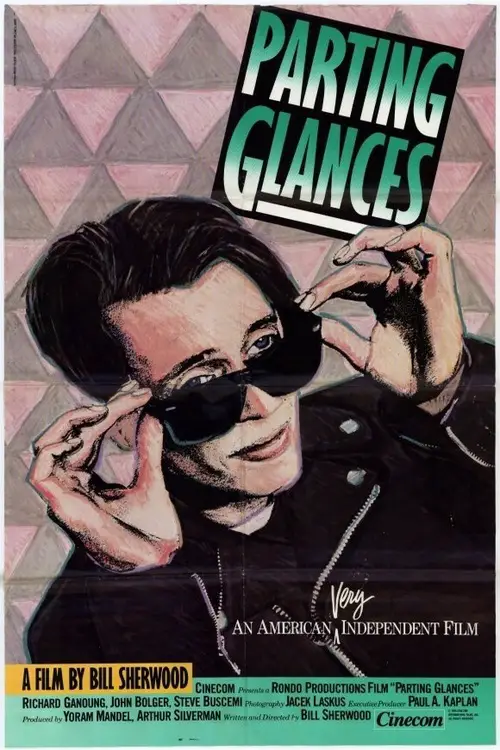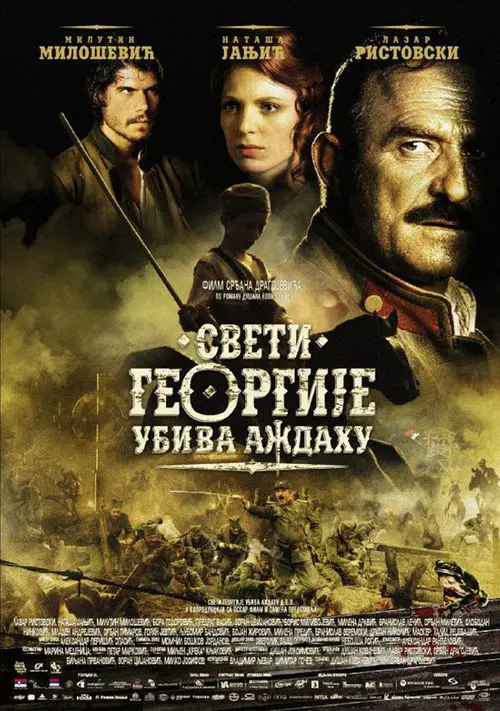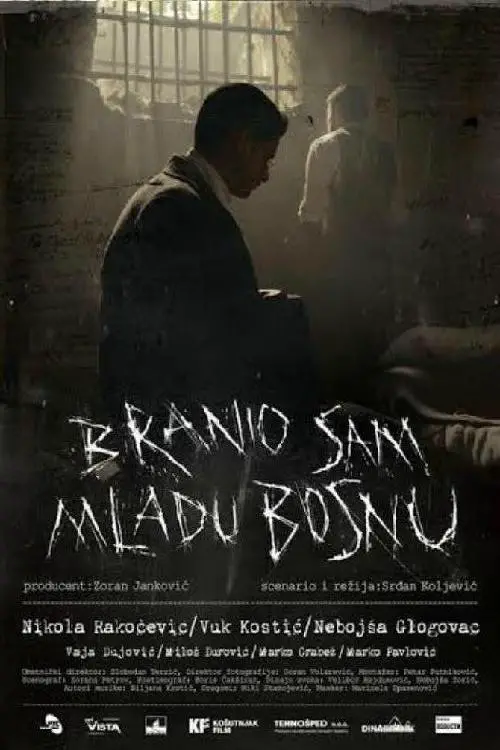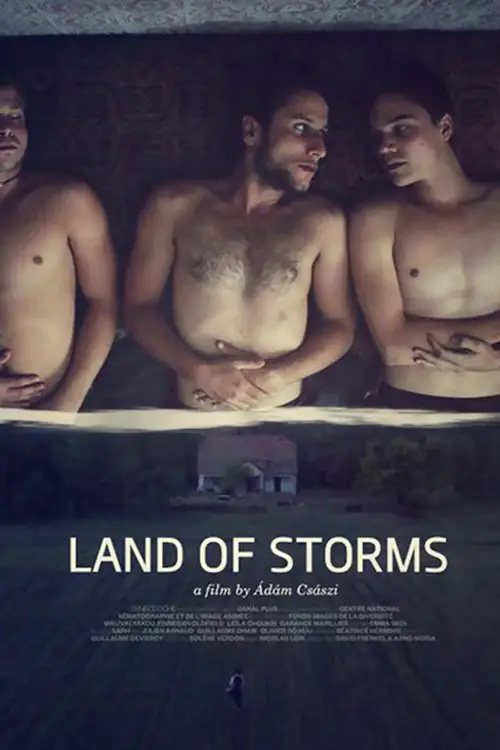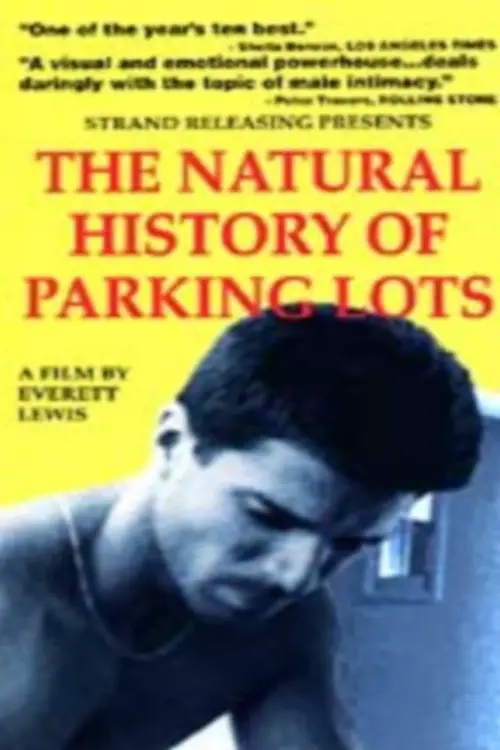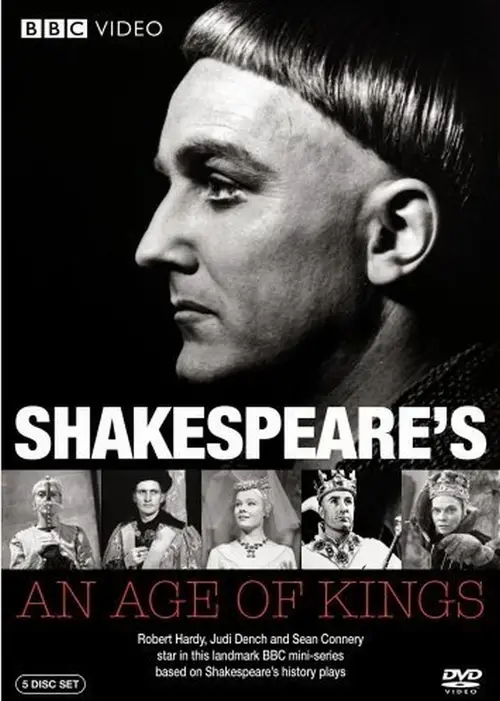A hídember (2002)
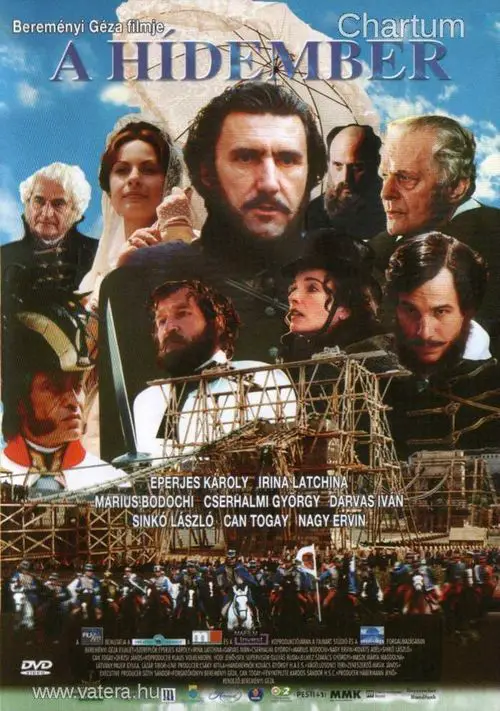
Similar movies
Known as the best satire about communism, banned for over a decade in Hungary. 'The Witness' has become a cult classic, well received by critics and general audiences when it was finally released outside of Hungary. 'The Witness' takes place during the height of the Rákosi Era, which was closely modeled after the ruthless and brutal Stalin regime. The film follows the life of an ordinary dike keeper, József Pelikán, who has been caught for illegally slaughtering his pig, Dezsõ. Instead of doing hard time for his "heinous" crime, Pelikán is elevated into an important position, generally reserved for the communist elite. His new benefactor, the mysterious Comrade Virág, is reluctant to reveal the real reason behind Pelikán's preferential treatment. Thus, begins Pelikán's hilarious adventure deep within the "sophisticated" communist society... Until one day, when he gets called for to return the "favour" by falsely testifying against his long-time friend in a mock-up show trial.
The story of an unruly class of bright, funny history students in pursuit of an undergraduate place at Oxford or Cambridge. Bounced between their maverick English master, a young and shrewd teacher hired to up their test scores, a grossly out-numbered history teacher, and a headmaster obsessed with results, the boys attempt to pass.
It is the real story of Giorgio Perlasca (Luca Zingaretti). During the 1920s he was an Italian Fascist supporter, fighting in Africa an in the Spanish civil war where he deserved a safe conduct for Spanish embassies. After some years, disillusioned by fascism, he is a fresh supplier for the Italian army. In the war years he is in Budapest for his business. He lives an easy life there, well introduced into the Hungarian high society, without any problem coming from the war situation. When the Nazi occupied Hungary, in 1944, instead to leave (Italy had already surrendered to the Allies) he escaped to the Spanish embassy in Budapest using his old safe conduct and becoming a Spanish citizen, changing name into Jorge Perlasca. He starts working as a diplomat here. When Sanz Briz (Geza Tordy), the Spanish consul, is removed, Perlasca immediately substitutes him, like if he was officially appointed from Spanish authorities... Written by 1felco
Children of Glory will commemorate Hungary's heroic Revolution of 1956, and takes place in Budapest and at the Melbourne Olympic Games in October and November of that year. While Soviet tanks were destroying Hungary, the Hungarian water polo team was winning over the Soviets in the Olympic pool in Melbourne, in what has been described as the bloodiest water polo match in history.
Andras Varda grows up in a turbulent, war-torn Hungary, where he procures local girls for the occupying G.I.'s during World War II. Disappointed by girls of his age, he meets Maya, a married women in her thirties, who tutors him in the lessons of love and romance. Maya is only the first of many mature women that Andras will meet through his teenage and young adult life.
Derek Vineyard is paroled after serving 3 years in prison for killing two thugs who tried to break into/steal his truck. Through his brother, Danny Vineyard's narration, we learn that before going to prison, Derek was a skinhead and the leader of a violent white supremacist gang that committed acts of racial crime throughout L.A. and his actions greatly influenced Danny. Reformed and fresh out of prison, Derek severs contact with the gang and becomes determined to keep Danny from going down the same violent path as he did.
The Toth family resides in Northern Hungary. The couple has a daughter and a son, the latter a member of the armed forces. When his weary major is ordered to take a vacation, the son talks him into a visit to his family home. Comedy endues when the Toth's go overboard trying to make things pleasant for the visiting major in hopes of an easier life for their son the soldier.
Political and sexual repression in Hungary, just after the revolution of 1956. In 1958, the body of Eva Szalanczky, a political journalist, is discovered near the border. Her friend Livia is in hospital with a broken neck; Livia's husband, Donci, is under arrest. In a flashback to the year before, we see what leads up to the tragedy. Eva gets a job as a writer. She meets Livia and is attracted to her. Livia feels much the same, but as a married woman, has doubts and hesitations. In their work, they (and Eva in particular) bang up against the limits of telling political truths; in private, they confront the limits of living out sexual and emotional truth.
Near the end of the nineteenth century, as the balance of power shifts from Shogunate towards the Emperor, Japan restlessly awaits the dawning of a new age. But not all are content...The Shinsengumi, a small army of samurai, farmers and peasants, band together to do battle against the tide of history. Their leader, Isami Kondo (Mifune) is a man who rises from farmer to fighter to head the fierce Shinsengumi brigade. Using a stern hand and a heart of gold, he rallies his men in defense of the tottering Shogunate. But bloodshed and treachery lurk around every corner.
In a small, dilapidated village in 1990s Hungary, life has come to a virtual stand-still. The Autumn rains have started. A few of the villagers expect to receive a large cash payment that evening, and then plan to leave. Some want to abscond earlier with more than their fair share of the money. However they hear that the smooth-talking Irimias, whom they thought had died, is returning. They are apprehensive that he will take all their money in one of his grandiose schemes to keep the community going.
One of the doyennes of Hungarian film deals with a dark period of national history: the Soviet regime in Hungary. She portrays it through the fate of the former prime minister and national hero, Imre Nagy. The script is based on the diary written by Imre Nagy, and the memories of his daughter, Erzsébet Nagy, as well as authentic documents and records.
A Hungarian family forced to flee the Communist country for the United States, must leave a young daughter behind. Six years later the family arranges to bring the absent daughter to the United States where she has trouble adjusting. The daughter then decides to travel to Budapest to discover her identity.
A story of two young people in Hungary, Jancsi and Kata. First they are good friends, later lovers. Soon after the 1956 Revolution Kata leaves Hungary, Jancsi stays there. After 10 years Jancsi is allowed to visit Kata in France, their love is reborn, but after a short, very happy period Jancsi has to return to Hungary and their love fades as years have gone by.
Budapest in the thirties. The restaurant owner Laszlo hires the pianist András to play in his restaurant. Both men fall in love with the beautiful waitress Ilona who inspires András to his only composition. His song of Gloomy Sunday is, at first, loved and then feared, for its melancholic melody triggers off a chain of suicides. The fragile balance of the erotic ménage à trois is sent off kilter when the German Hans goes and falls in love with Ilona as well.
A true story of a priest (Andre Braugher) in New Orleans who formed a group of black players and challenged an all-white prep school basketball team in the 1960's. Eventually events like these signaled the pivotal turn in the games' history leading to the integration in today's sport. Directed by Steve James (Hoop Dreams), these basketball players didn't just make shots, they made history.
Scott, a history professor, becomes involved with two time travelers from the year 2586 after making a discovery in an old photograph. One of the time travelers is determined to change the course of history, the other to stop him. Scott's fascination with the Old West comes in handy when they all return to 1886.
NELU, a man in his forties, works as a security guard in the local supermarket in Salonta, a small town on the Romanian-Hungarian border. This is the place where many illegal emigrants try to cross, by any means posible, to Hungary and then further to Western Europe. One morning, NELU will âfishâ something different out of the river: a Turkish man trying to cross the border. Not able to communicate verballly, the two men will somehow understand each other. NELU takes the stranger to the farmhouse, gives him some dry clothes, food and shelter. He doesnât really know how to help this stranger. The Turkish man gives NELU all the money he has on him so he will help him cross the border. Eventually, NELU takes the money and promises he will help him cross the border tomorrow, MORGENâ¦
A man is wrongly jailed for murder while the real killer roams free. The murderer is an intellectual frustrated with his countryâs never-ending cycle of betrayal and apathy. The convict is a simple man who finds life in prison more tolerable, when something mysterious and strange starts happening to him.
This story takes place in a small town on the Hungarian Plain. In a provincial town, which is surrounded with nothing else but frost. It is bitterly cold weather â without snow. Even in this bewildered cold hundreds of people are standing around the circus tent, which is put up in the main square, to see â as the outcome of their wait â the chief attraction, the stuffed carcass of a real whale. The people are coming from everywhere. From the neighboring settlings, even from quite far away parts of the country. They are following this clumsy monster as a dumb, faceless, rag-wearing crowd. This strange state of affairs â the appearance of the foreigners, the extreme frost â disturbs the order of the small town. Ambitious personages of the story feel they can take advantage of this situation. The tension growing to the unbearable is brought to explosion by the figure of the Prince, who is pretending facelessness. Even his mere appearance is enough to break loose destructive emotions...
Vlad Tepes is a great hero, but when he learns the Sultan is preparing for battle and needs to form an army of 1,000 boys, including Vlad's son, he vows to find a way to protect his family. Vlad turns to dark forces in order to get the power to destroy his enemies and agrees to go from hero to monster as he's turned into the mythological vampire Dracula.
The beginning shows Hungary devastated by the war and the postwar reconstruction with its communist government. Our hero (played first by Dániel Erdély and later, as a young man, by András Bálint) is clearly determined to find out what he can about his father who died young. All he knows is that he was a doctor and perhaps he was an honored victim of fascism. He never really finds out but his relationship with his mother, his friends and his Jewish girlfriend will make him totally independent of this need to find all about Apa or Father.
Paralleling the dramatic student protests and riots that were exploding across the world in the 1960s at the time the film was made, The Confrontation is a story of protest and rebellion in 1947 Hungary when the Communist Party have just taken power. Jancsó's first colour film is another virtuoso display by a director at the peak of his powers, and eloquently explores the complex issues and inherent problems of revolutionary democracy.
A Budapest high school in the beginning of the 1960s. Dinis suffers the torments of adolescence. His father had to leave Hungary after the uprise in 1956, and since then Dini's mother has had to take care of her two sons on her own. A friend of Dinis' father, Bodor, is released from prison and moves in with them. Dinis and his brother Bodor are far from happy over this intrusion of their family life.
In December 1956 there is a chaotic situation in Hungary. The revolution is put down by the Soviet army. People leave the country in large numbers for fear of revenge. A young soldier (György Angeli) who also took a part in the revolution, takes a train to Vienna together with his friend (Dániel Szerencsés). Written by Tamas Patrovics
Using almost no dialogue, the film follows a number of residents (both human and animal) of a small rural community in Hungary - an old man with hiccups, a shepherdess and her sheep, an old woman who may or may not be up to no good, some folk-singers at a wedding, etc. While most of the film is a series of vignettes, there is a sinister and often barely perceptible subplot involving murder.
1997. Young car mechanic Iván lives in a godforsaken village in eastern Hungary. He looks after his mentally disabled sister Eszter and earns extra money smuggling diesel oil from Ukraine. The siblings' coexistence is disrupted by a tragic event, Eszter is raped. A police investigation gets under way; in the meantime, Iván starts up a relationship with young Ilus, who has just finished school and is planning on going to the university. Iván plainly wants to leave his old life behind him, but will he be able to fulfill this ambition? - Written by Warsaw Film Festival
Családi tüzfészek (aka Family Nest) is an intimate portrayal of a family slowly disintegrating under various pressures in late 1970s communist Hungary. The plot of the film is deceptively simple, with the occasional momentous event--including one that's relatively shocking, but plot in a conventional sense is not the focus here.
Explores the relationship between Ake, a young man who is paralyzed from the waist down after an accident, and Pun, the male nurse who takes care of him, and of course Ake's father. Ake is at first cold towards his nurse Pun, but as Pun continues to earnestly take care of him he starts to open up his heart through candid conversations. The physical contact with Pun makes him rethink physical desires that he wants to forget. The grudge he held against his father slowly abates. All of this slowly becomes the motivating factor to confirm that he is alive, albeit with physical problems.
Five Jewish Hungarians, now U.S. citizens, tell their stories: before March, 1944, when Nazis began to exterminate Hungarian Jews, months in concentration camps, and visiting childhood homes more than 50 years later. An historian, a Sonderkommando, a doctor who experimented on Auschwitz prisoners, and US soldiers who were part of the liberation in April, 1945.
The movie deals with the championship-winning German soccer team of 1954. Its story is linked with two others: The family of a young boy is split due to the events in World War II, and the father returns from Russia after eleven years. The second story is about a reporter and his wife reporting from the tournament.
He was a fierce military commander who led huge armies into battle without a single defeat; a magnificent warrior who many believed was part god - this was Alexander the Great (Richard Burton), the legendary Greek hero hailed by his countrymen as "The King of Kings". Born in 356 B.C. into a turbulent world of political unrest, educated by Aristotle (Barry Jones) and chosen to lead his people in the grand tradition of his powerful father (Fredric March), this glamorous world conqueror rose above all conflict to unite the continents of Europe and Asia to become one of the most celebrated rulers of all time! Written, produced and directed by Oscar - winner Robert Rossen and featuring the extraordinary Claire Bloom and a remarkable cast of thousands, this stunning portrait of one of history's most fascinating figures is colossal entertainment and an amazing spectacle.
St. George Slays the Dragon (Serbian: Sveti Georgije ubiva aždahu) is a Serbian World War I drama. The movie starts with Kingdom of Serbia battling the remaining Turkish occupiers during the First Balkan War in 1912 and ends with the outbreak of World War I in 1914. The movie's central theme is a love triangle between the village gendarme ÄorÄe, his wife Katarina and the young disabled war veteran Gavrilo who was previously engaged to Katarina before he went to war and lost his arm in battle. Even though Katarina in the meantime married ÄorÄe, she still has affection for Gavrilo. At the onset of World War I, all able-bodied men in the village are recruited for combat. Left in the village are only women, children and disabled veterans from previous Balkan wars. Rumours start circulating that the invalids in the village are trying to take advantage of the situation by making their moves on the women in the village â the wives and sisters of the recruited men.
Fred (Stanley Tucci) arrives at the doorstep of his beautiful young mistress Velvet (Alice Eve) after four years apart, claiming to have finally left his wife. But when she rejects his attempts to rekindle their romance, his persistence evolves into obsession â and a dark history between the former lovers comes into focus.
Szabolcs plays in a German football team, as does Bernard. They are roommates, best friends, inseparable. A lost match makes him reconsider his life and he goes back to Hungary in hope for more simplicity. Yet his solitude does not last long. Soon after his arrival he meets Ãron and a mutual attraction between the two boys develops when suddenly Szabolcs receives an unexpected phone call from Bernard: he has arrived to Hungary...
When a high school senior, Chris, gets in trouble with the West L.A. police for joy riding in stolen cars, his wealthy but neglectful dad hires Chris's older brother Lance to spend time with him and keep him out of trouble. Lance is in the underworld, running guns, so caring for Chris starts out as a good cover. Then, he warms to his brother, and the two develop a strong bond; Chris gets serious about school and starts to come out of his shell. But, will the relationship be strong enough to weather pressures from Lance's business, Chris's discovery that dad is paying Lance for the care, and Lance's enjoyment of female companionship?
© Valossa 2015–2026
| Privacy Policy
